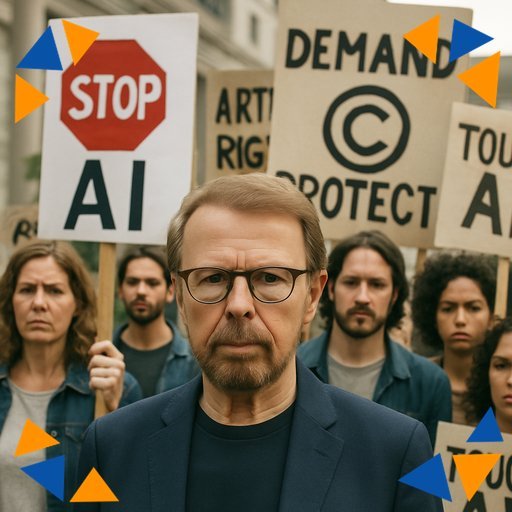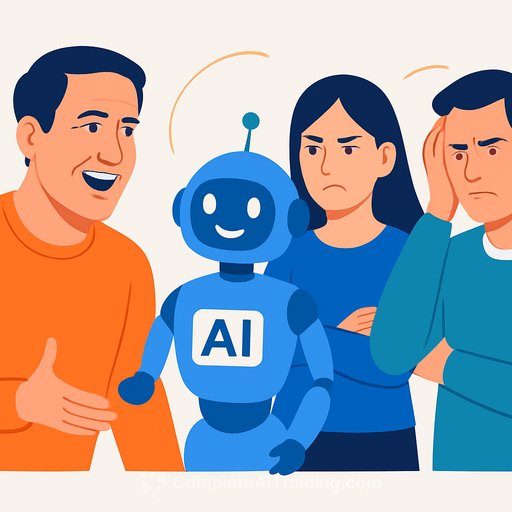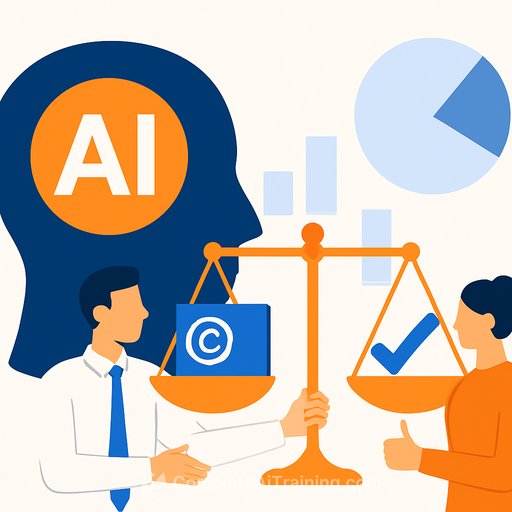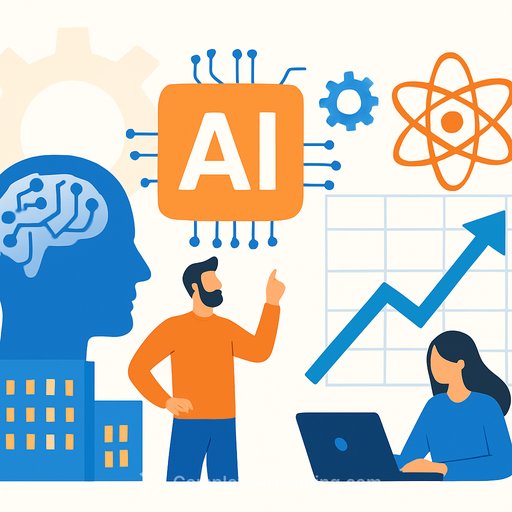Labor faces mounting pressure from creatives to rule out AI copyright reform
Australia's major creative groups are preparing a firm push for Labor to rule out changes to copyright law that would benefit AI platforms. Their warning is clear: weakening copyright protections would threaten future licensing deals and strip leverage from rights-holders.
The debate lands at a Senate committee on Labor's national culture policy on Tuesday, after a recent Productivity Commission report floated relaxing copyright settings to aid AI development. The government has not ruled out the recommendation.
The Australian Recording Industry Association (ARIA) will front the committee to oppose the shift. ARIA chief executive Annabelle Herd said publishers and creators are increasingly unsettled by the government's reluctance to reject the proposal.
What's actually at stake for creatives
- Consent and compensation: If AI training gets broad exemptions, platforms could use catalogues without permission or payment, weakening licensing power.
- Attribution and provenance: Looser rules could reduce transparency around how works are used to train models, making credit and value harder to trace.
- Future deal flow: Once training is permitted without clear licensing, negotiating fair rates for datasets and derivative uses becomes harder.
ARIA and other peak bodies argue any policy shift must protect the ability of creators to license works for training on fair terms. You can follow ARIA's position and updates via aria.com.au.
What you can do now
- Lock down contracts: Add explicit clauses covering AI training and text/data mining. Require consent, attribution, and payment for any dataset use.
- Set your default: Where possible, state "no AI training" for your catalog unless a separate license is agreed. Keep written records of permissions.
- Coordinate with your association: Submit a short impact statement to your guild or collecting society highlighting how unlicensed training affects your revenue and clients.
- Audit your catalogue: Track where your works are hosted and distributed. Centralize metadata so you can negotiate dataset licenses quickly if policy shifts.
- Protect provenance: Use consistent watermarking and provenance tags, and keep source files archived to prove authorship if disputes arise.
- Prepare talking points: Be ready with examples: lost sync deals, reduced advances, or client confusion caused by AI models mimicking your style.
Signals to watch after the hearing
- Government clarity on whether it will rule out relaxing copyright for AI training.
- Any move to introduce or expand text and data mining exceptions.
- Commitments to licensing frameworks that ensure consent, compensation, and transparency.
Bottom line: Creatives need a licensing-first approach to AI, not a carve-out that bypasses rights. Keep your contracts tight, your catalogue organized, and your voice heard through your industry body.
If you want concise, practical upskilling on AI without compromising your rights, browse role-specific programs here: Complete AI Training - Courses by Job.
Your membership also unlocks:






